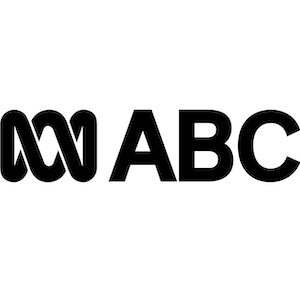Robert French, the former chief justice of the High Court, says ‘The Voice is a big idea, but not a complicated one.’
That may be true, but how do we really know?
Currently, the parliament is considering a bill to improve the process of informing the Australian public about referenda questions. The bill contemplates suspending the requirement to prepare and distribute a yes/no pamphlet, but replacing it with a better educational tool.
Professor George Williams noted that “the best that can be said is that the 2000-word statements are so unappealing that few people ever read them”.
Professor Anne Twomey stated that “the yes/no case has long been recognised as a failed experiment”.
Dr Paul Kildea stated “the pamphlet has never lived up to its promise as an educative tool”, but “rather than ditching it, the Parliament should reform it.”
In presentations late last year to the Joint Standing Committee on Electoral Matters (JSCEM), a new approach has been cautiously welcomed by four prominent constitutional lawyers.
Williams says: “The pamphlet was introduced prior to radio, let alone television, the internet and social media. It’s no longer just parliament communicating; we should focus on the other side: what do people need to make sense of this and feel confident about how they wish to vote?”
Kildea says: “Voters need good information and it’s probably best if parliamentarians aren’t the ones in charge of providing that. Good, objective, reliable, accurate information about the proposal and the arguments for and against is what’s important, and parliamentarians need not be involved in that; there are several examples around the world we can point to where that’s the case”. Ireland leads the world, having successfully prosecuted two referenda questions — one in 2015 to consider marriage equality, and the other in 2018 for abortion reform.
Citizens’ assembly resource
Professor Gabrielle Appleby says: “Best practice across the world is moving towards an increased use of citizens’ assemblies, in particular in relation to information about referenda”.
Another reason to place the responsibility of preparing the information kit in the hands of an independent body is that government normally has an active interest in the question. For example, currently, the government is advocating the ‘yes’ case for the Voice.
The citizens’ assembly would consist of a ‘jury’ of perhaps up to 100 randomly selected everyday Australians from all walks of life. The citizens would be tasked with, say, the following remit: “What do our fellow Australians need to know in order to vote in this referendum?”
As judges find juries complementary and fundamental to public trust in the justice system, this similar instrument can be an effective complement to parliament. The assembly’s job is to provide an informational summary to the public, including a clear explanation of the proposed question, its context and summaries of yes/no arguments.
Under the current approach, the yes/no campaigns are placed in the hands of active interest groups who have a focus on winning at all costs rather than simply informing the wider population. This creates an incentive for adversarial arguments, which in turn fuels distrust, misinformation and divisiveness which can often undermine the integrity of the referendum.
A Citizens’ Referendum Review would support a less polarising education campaign by involving a group of everyday people who would explore the arguments for and against, without the pernicious campaigning incentives present for any active interest.
Original article: https://www.themandarin.com.au/211644-a-citizens-assembly-should-deduce-the-voices-yes-or-no-cases/



